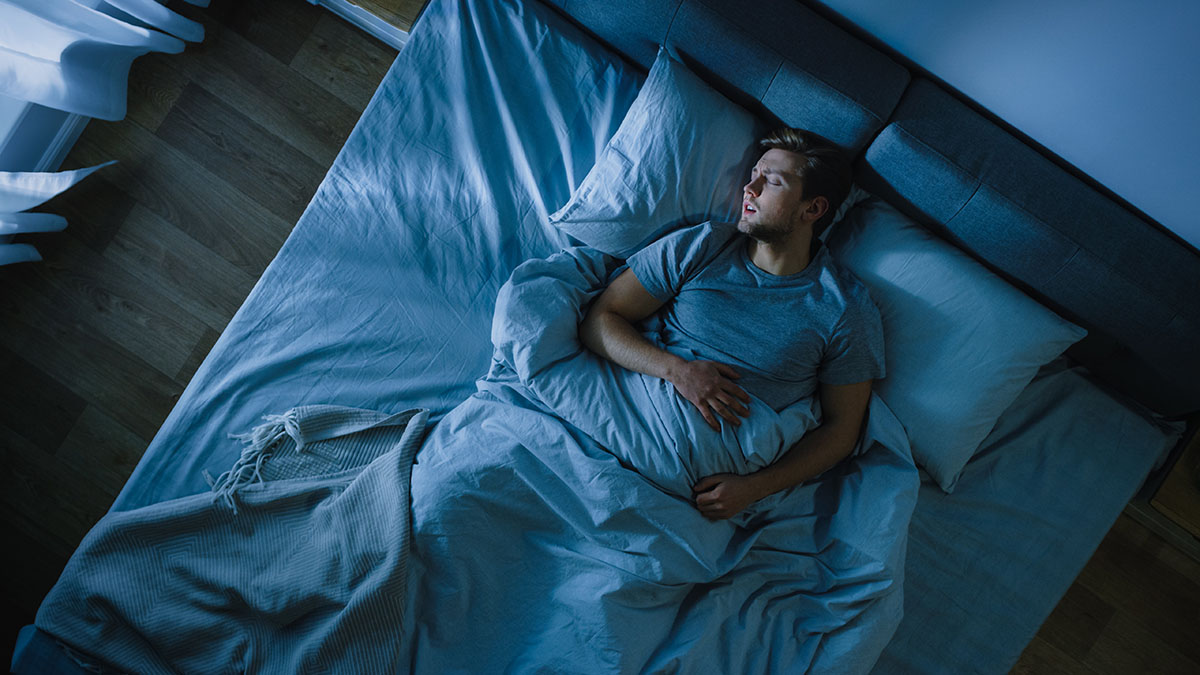What is an Intensive Outpatient Program?
An intensive outpatient program (IOP) is an extension of addiction treatment with less supervision. Addicts are considered to be part of the drug rehab program even though they are not staying in the facility. Addicts in IOP live in a halfway house, sober living or return home. In this type of program, addicts are able to commute to and from therapy sessions. During IOP, clients go to group meetings three times per week, typically for three hours, during the day or at night. Most addicts opt for night sessions because these allow them to work during the day. An IOP also includes at least one individual counseling session per week. IOP usually lasts from 6 to 16 weeks, depending on the facility and the addict’s needs. Most intensive outpatient programs require an initial urine test or mouth swab to ensure non-use prior to starting group sessions. This is done to guarantee the safety of the group from those that are actively using substances.
IOP components are:
- Group therapy – nine hours per week (3 days, 3 hours per day)
- Individual therapy – once per week
- Individualized treatment plan and goals
- Urine or mouth swab drug test – before each therapy session
What does an Intensive Outpatient Program entail?
Intensive outpatient therapy is an open forum for addicts to discuss their adjustment and transition back to their lives after inpatient drug rehab. IOP is structured by having group rules such as confidentiality, respect and no cross talk. Having an outlet such as group therapy helps decrease the risk of relapse from daily stressors that arise. The components of group address relapse prevention, family issues and educational needs.
Three components of IOP include:
- Relapse Prevention – Addicts will learn more about post acute withdrawal symptoms (PAWS) and how to respond to them without relapsing. In addition to PAWS education, addicts will identify and explore coping skills for daily triggers. IOP also helps integrate the addict into the 12-step approach while attending group therapy.
- Family Issues – Addiction strains relationships in an addict’s. Rebuilding healthy family relationships lays the foundation for rebuilding outside relationships with friends, coworkers and employers. Communication skills, healthy boundaries and conflict resolution are among the topics covered to help repair family relationships.
- Educational Information – Educational information is discussed in the context of the group dynamic. Addicts will learn how to cope with stress, better understand spirituality and wellness and manage a dual diagnosis.
An addict benefits from intensive outpatient therapy because it is a safe place to explore feelings that he or she may not be comfortable discussing at home. The extension of therapy helps the adjustment period by providing support for the addict after inpatient drug rehab.
What to Expect in an Intensive Outpatient Program
A comprehensive intensive outpatient program will combine the 12-step model of recovery with its program. It will be important for addicts to attend 12-step meetings in addition to IOP. Intensive outpatient therapy does not replace the need to attend 12-step meetings. Part of the IOP’s goal is to help addicts find a balance in their lives between work, family, friends and recovery. One should not outweigh the others. Addiction is characterized by imbalance and chaos and helping the addict prioritize his or her recovery needs will decrease the risk of relapse. IOP also challenges the addict to practice healthy communication and conflict resolution skills within a group dynamic. The addict will be challenged about rationalizations and/or unhealthy behavior patterns, both of which contribute to relapse.
After IOP
Upon successful completion of IOP, addicts should continue with aftercare alumni groups, which usually take place once a week. The addict should also attend 12-step meetings on the days he or she was normally in IOP, if not already attending on those days. After IOP, an addict should also continue with an individual therapist bimonthly to help with the transition to life after rehab. It is important to step down addiction treatment in stages, decreasing the impulsivity of decision making, which is reminiscent of addiction patterns.




